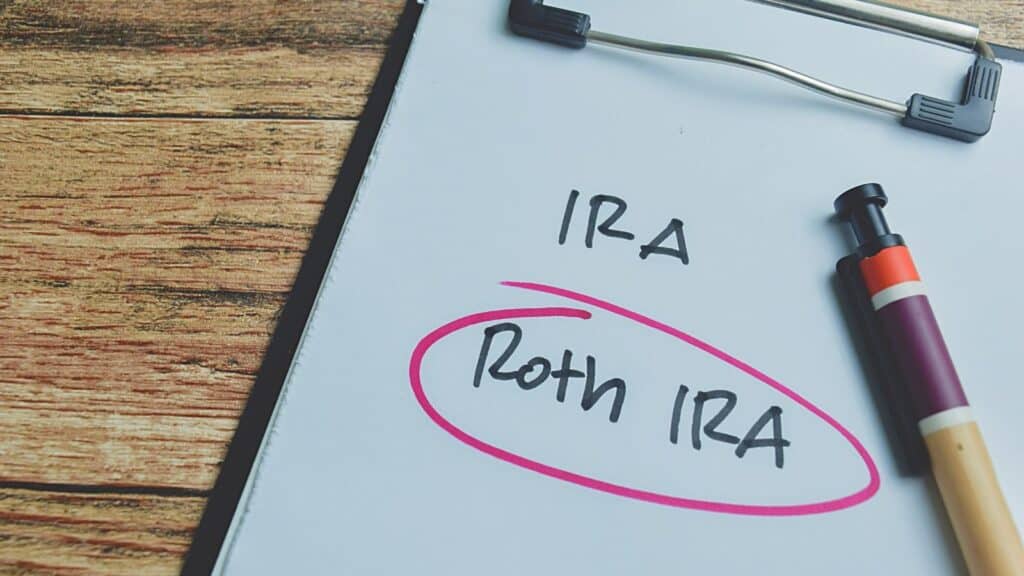You might dream about retiring early, but there are real perks to waiting. Working a little longer can give your budget some breathing room and help you stay active. It also keeps you connected with people and routines you enjoy. Here are thirteen reasons you may want to hold off before leaving work behind.
Bigger Social Security Checks

Every year you delay claiming Social Security past age 62 increases your monthly benefit. Waiting until full retirement age, or even 70, can mean hundreds more each month. That extra income adds up over a lifetime, giving you greater financial security. The Social Security Administration confirms that delaying benefits is one of the most effective ways to boost retirement income.
💸 Take Back Control of Your Finances in 2025 💸
Get Instant Access to our free mini course
5 DAYS TO A BETTER BUDGET
More Time to Save and Invest

The longer you work, the more time you have to contribute to retirement accounts. Even small contributions grow significantly with compounding interest. Those extra years can close the gap between “just enough” and comfortable living. For many, working longer is the easiest way to build a stronger nest egg. A few more years of saving can change your entire financial outlook.
Employer Health Coverage Continues

Staying employed often means keeping health insurance until Medicare kicks in at 65. That saves thousands in premiums and helps avoid gaps in coverage. Medical costs are one of the biggest risks for retirees, so keeping employer benefits longer is a major advantage. It also gives you more time to plan for long-term health needs. Avoiding private insurance expenses alone makes work worthwhile for many.
Avoiding Early Withdrawals

Retiring early may mean dipping into retirement accounts before you’re ready. By working longer, you reduce the need to pull funds too soon. This protects your savings from shrinking faster than planned. It also gives investments more time to grow untouched. Protecting your principal helps ensure you won’t outlive your money.
Peak Earning Years Pay Off

Many workers hit their highest salaries in the final decade before retirement. Raises, bonuses, and higher contribution limits make this period especially valuable. Walking away too soon means leaving money on the table. Staying just a few more years can dramatically boost your long-term wealth. Peak earnings create a stronger financial foundation for the future.
Employer Contributions Add Up

If your job offers a 401(k) match or pension contributions, working longer means more free money. These employer perks add real value to your retirement accounts. Even one or two extra years of matching can be worth thousands. Many workers regret missing out on this benefit by retiring too soon. Taking advantage of every dollar offered is a smart move.
More Stability for Debt Payoff

Working longer gives you time to eliminate debt before retiring. Paying off a mortgage, car loan, or credit cards removes big financial burdens. Entering retirement debt-free makes budgeting easier and less stressful. It also frees up more money for fun and travel. Delaying retirement often leads to greater peace of mind.
Staying Mentally Sharp

Work provides mental challenges that help keep the brain active. Many people find that problem-solving, learning, and collaborating keep them engaged. Retiring too soon sometimes leads to boredom or mental decline. Staying in the workforce can delay that and promote healthier aging. Purpose and structure have real cognitive benefits.
Preserving Physical Health

Jobs that keep you active can support long-term health. Even office work adds daily structure and movement that retirement sometimes lacks. Studies suggest that staying engaged in meaningful work can improve overall well-being. Continuing to work also encourages better routines and self-care. For many, the health benefits are just as important as the financial ones.
Stronger Professional Identity

Work gives people a sense of purpose and identity. Retiring early sometimes leaves people struggling with who they are outside of the job. Staying longer eases the transition, giving you time to explore new roles and hobbies before leaving fully. It helps you maintain self-worth while preparing for the next chapter. Identity shifts are easier with more time.
More Time to Plan Retirement Life

Working longer gives you space to think about how you want to spend retirement. Many retirees regret not planning beyond the financials. Those extra years help you test hobbies, build social connections, or start part-time projects. By the time you retire, you’ll have a clearer plan for daily life. That preparation makes the transition smoother.
Protecting Against Inflation

The longer you wait, the less inflation eats into your retirement years. More years of income and fewer years of withdrawals protect your buying power. This balance makes it easier to handle rising costs in the future. Many retirees underestimate how inflation will impact them. Working longer provides extra security.
Delaying Long-Term Care Costs

The later you retire, the later you may need to consider assisted living or nursing care. Staying employed keeps you active and reduces the years you’ll need to cover without income. It doesn’t eliminate the cost, but it pushes it further down the road. That can mean more financial flexibility early in retirement. Delaying those expenses is a big relief for many.
Options to Consider

If you don’t want to work full-time longer, consider phased retirement or part-time work. These options keep income flowing while giving you more personal time. You’ll still benefit from delaying Social Security and preserving savings. The key is balancing financial security with quality of life. Even a lighter workload can deliver many of the same benefits as full-time work.
10 Reasons To Think Twice Before Retiring Early

Retiring early sounds like a dream come true, but it’s not the perfect fit for everyone. While the idea of more free time and no work sounds appealing, there are several reasons why early retirement might have some drawbacks. Here are 11 reasons why early retirement might not be for everyone. 10 Reasons To Think Twice Before Retiring Early



